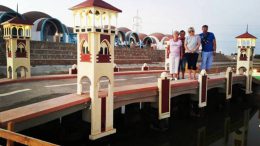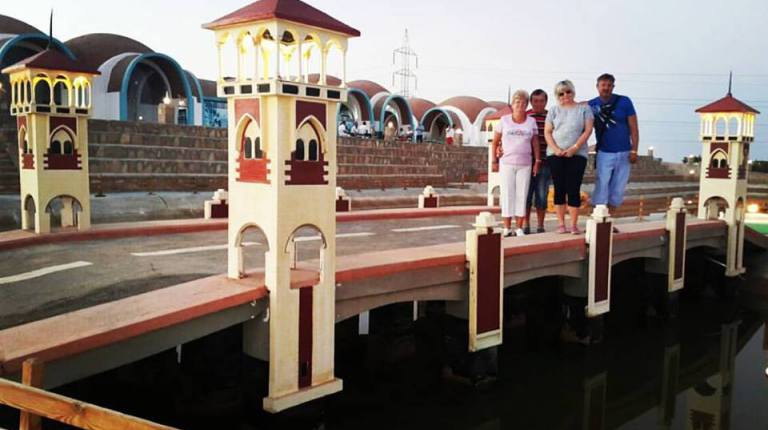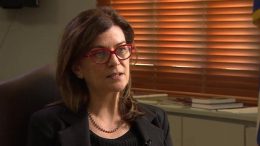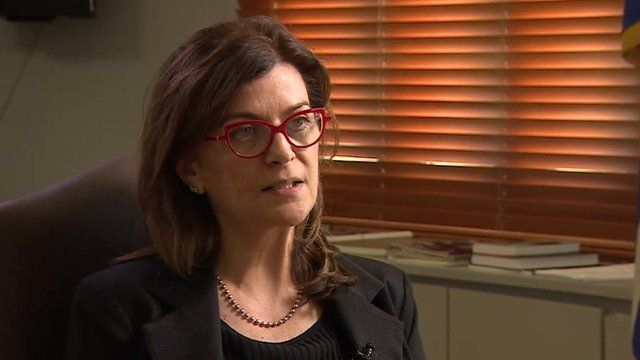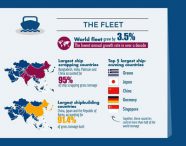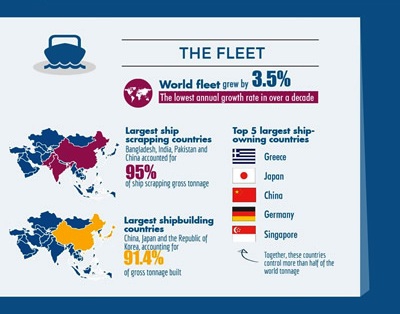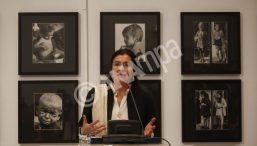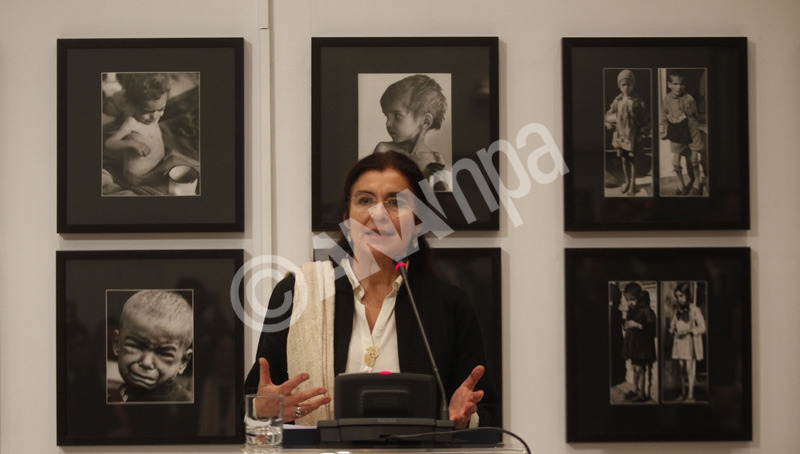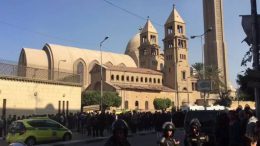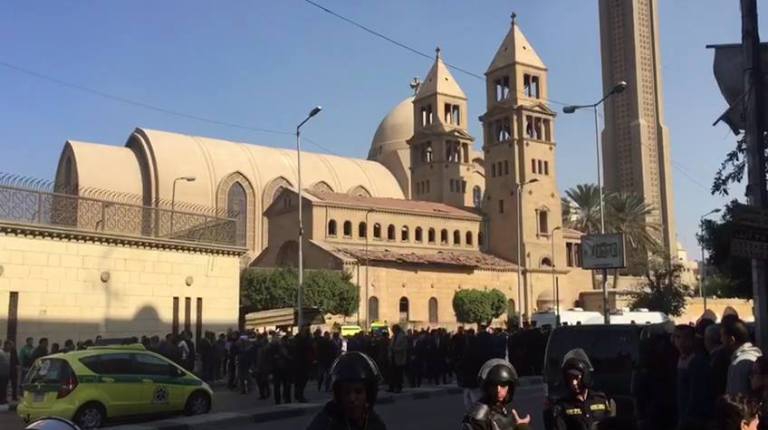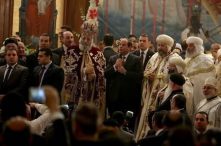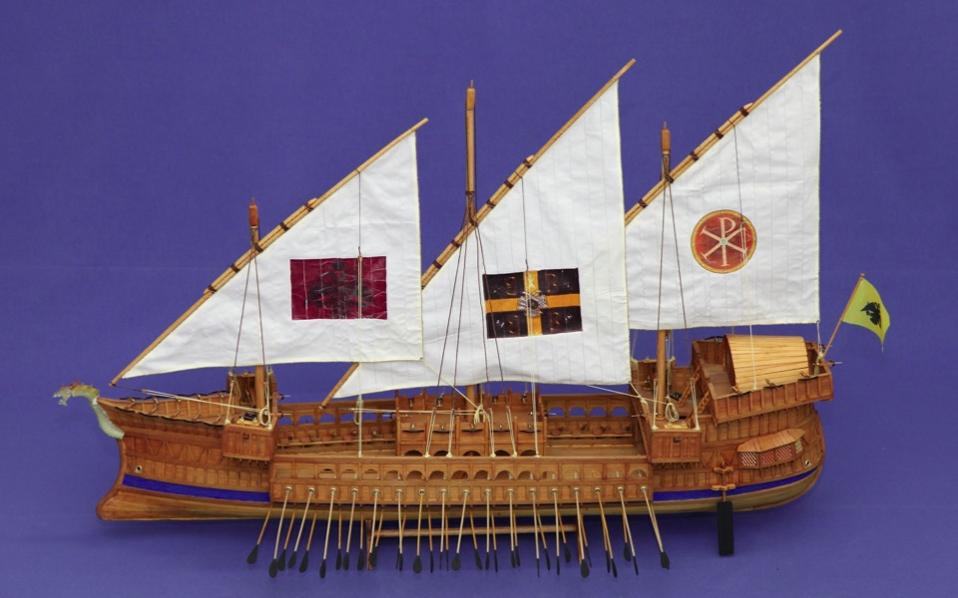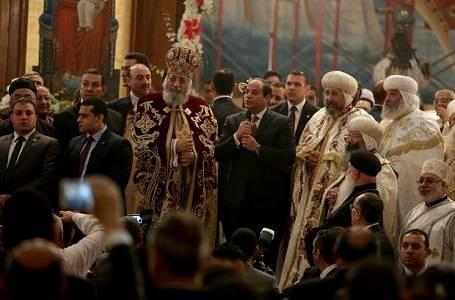 After 160 years of tight restrictions on building churches in Egypt, a highly anticipated law regulating the construction of churches was passed on 30 August 2016.
After 160 years of tight restrictions on building churches in Egypt, a highly anticipated law regulating the construction of churches was passed on 30 August 2016.
But many Coptic Christians and rights organisations say that the law will do very little to practically change discrimination against Christians who represent 10 percent of Egypt’s more than 90 million citizens, most of who are concentrated in Upper Egypt.
Supporters of the law believed it would finally give Coptic Christians the freedom to build houses of worship under the protection of the state, amid a climate of sectarian tension and violence. Many Christians therefore openly welcomed the new legislation.
But others are sceptical. “The law was issued to calm down the public opinion of Coptic Christians in Egypt, nothing more. If they wanted to issue a proper law, they would have drafted a unified law for building houses of worship.’’ Coptic Christian and marketing director Ramy Kamal told Middle East Eye.
He added that Christians are Egyptian citizens just like Muslims, and the government should treat them the same and solve their problems, instead of issuing a law that essentially separates them from the rest of the country.
Since the revolution of January 2011, dozens of instances of inter-communal tension and violence have been reported in the majority Muslim country.
A shocking incident took place in May in al-Karm village in Minya, where a 70-year-old Christian woman was dragged from the safety of her home onto the dirt, beaten and stripped naked by a mob following rumours that her Christian son had an affair with a married Muslim woman.
Souad Thabet, a grandmother, was paraded naked through the streets in front of her neighbours, who had known her for years, as the mob chanted “God is great,” according to eyewitnesses. After managing to escape the humiliating ordeal with the help of another Muslim neighbour, she returned to her home only to find it in ashes.
Several men have since been arrested on suspicion of being involved in this offence which was widely condemned by Egyptian religious and political leaders as well as the wider community.
Romantic relationships between Muslims and Christians are sometimes frowned upon by ultra-conservatives. According to Muslim tradition, Muslim men can marry Christian women, but the converse is still considered taboo and there have been cases where it is considered a matter of dishonour sometimes leading to disputes and even violence.
New churches are not always welcome
The building of new churches has also been at the centre of sectarian strife.
In the last few months, Christian properties have been attacked, burnt down and looted due to suspicions regarding alleged church construction or actual construction taking place. Some families even claim to have received death threats, forcing them to flee their homes and villages.
In July, a priest’s cousin was stabbed to death and three others were injured by a mob, during a street brawl in a village in Minya, where around one third of the population is Christian.
Fam Mary Khalaf, 27, was stabbed in the heart and died instantly, according to the local bishop. The attack came as tensions were at a peak, two days after five Christian homes were burnt down, following rumours that a church was being built in the village.
In October 2011, a protest by Coptic Christians in Cairo against the demolition of a church in Marinab village in Aswan led to one of the deadliest massacres against Christians. More than 20 demonstrators were killed by the armed forces in front of the Cairo State TV building, known as Maspero.
The Egyptian Initiative for Personal Rights (EIPR) documented 10 cases of sectarian attacks between January and July this year alone and 77 since 2011 in Minya province, Upper Egypt.
Pope II praises the new law
Egypt’s main churches were involved in drafting the new law, alongside the cabinet, before it was approved by parliament and later by President Abdel Fattah el-Sisi, who ratified the law on 28 September.
Pope Tawadros II, leader of the Coptic Orthodox Church, hailed the law during his weekly sermon in August following parliament’s approval.
“[The law will] correct a wrong that lasted for 160 years,” he said, according to local media,adding that it healed wounds that have lasted for a long time – to achieve stability for Christians.
Pope Tawadros is referring to the 1856 Ottoman decree that was interpreted by Egypt’s courts as giving the ruler full power to allow the building of churches.
In 1934, the Interior Ministry set out restrictive rules for church building, including taking into account the permission of neighbouring Muslims and the proximity of already existing churches.
Law is crippling and discriminative
Despite the church’s approval, many Coptic Christians said that they were disappointed by the new law that has not changed many of the old practices.
Coptic activist Abraham Louis – who is part of the Maspero Youth Union that calls for the rights of Coptic Christians as well as for justice for those who died during demonstrations in 2011 – was born in Asyut, Upper Egypt.
Growing up there, he said he witnessed first-hand the sectarian tensions and violence that took place over the building of churches and described the law as “crippling”.
He said it enforced more restrictions on building churches, while mosques are built in every corner of the country without any resistance from the government.
“There should be a unified law for building houses of worship in Egypt, not a law specifically for Christians,’’ Louis told Middle East Eye.
There are 2,869 churches in Egypt, compared to 108,000 mosques, according to some estimates.
The new law, which was published in the official state newspaper, stipulates that the governor must approve any request to build or renovate a church, within a maximum duration of four months, adding that a justification has to be provided for any rejection.
Prior to the law, Egypt’s feared State Security Agency, which has been accused of torturing, abducting and even killing protesters, was involved in rejecting the building of new churches to avoid sectarian violence.
The agency was disbanded in 2011, following the 25 January revolution that toppled president Hosni Mubarak, but it was replaced by the National Security Agency (NSA), which has been widely accused of the same violations.
Louis argued that this law seemed like an improvement on paper, but he added that there are no guarantees the governor will not cite “security concerns” as a reason for rejecting the construction of a church, in line with previous practices.
Protecting whose security?
An explanatory memorandum attached to the law states reasons for rejecting a request to build or renovate a church, including; “protecting security and public safety”, according to a statement by EIPR.
Another point of contention is article two of the law, which states that the size of the church should be in proportion to the number and the need of the Christians living in the area.
However, Louis said that the number of Christians in each area has not been accurately or officially documented in Egypt.
The law also does not specify how to determine the “need” for constructing a church, which leaves it to the judgement and prejudices of government officials, according to EIPR.
“[This] law is a new step towards reinforcing discrimination [against Christians], rather than solving the issues of violence and sectarian tensions that surround the building of churches,” Ishaq Ibrahim, a Coptic Christian and researcher on religious freedoms at EIPR, told MEE.
The legislation, however, did provide procedures to license churches that were previously built without any permits, due to strict regulations.
For such churches to be given official sanction they need to meet certain criteria, like complying with construction requirements approved by the state, which is not the case for many churches built in slums or homes in rural areas, according to EIPR. There are hundreds of unlicensed churches in Egypt, according to Human Rights Watch.
A farce or a positive step?
The law sparked much debate as it was discussed in parliament before being passed by a majority vote of two thirds of the MPs.
Many Coptic MPs publicly criticised and rejected the law, like MP Nadia Henry, who described the law as “a political farce,” that was “imposed on Christians” by Sisi, according to Ahram Online.
She stressed that even if there is one Christian in a certain neighbourhood, that person should have the right to build and pray in a church.
However, minister of parliamentary affairs, Magdi el-Agati, disagreed, saying that “article two by no means imposes restrictions, it just simply states that we cannot build a cathedral in a tiny village”.
Others like MP Margaret Aazer said that although there were downsides to the law, it was a positive step.
Egypt’s main churches had approved the law before it was reviewed by parliament, following months of back and forth with the government. The Coptic Orthodox Church’s statement, announcing its agreement to the draft law, seemed a little sceptical on how effective it would be in reality.
“We pray that the implementation of the law, after its approval, will be a step forward in building our new Egypt. We understand that the first years of implementing the law will show how effective, valid and respectful it is to others and we hope that [it doesn’t cause] problems on the ground,” the Holy Synod of the Coptic Orthodox Church said in a statement.
EIPR’s Ibrahim says that the Coptic church followed the saying “a bird in the hand is better than two in a bush,” explaining that the church considers the law a step forward and has good faith in officials and their application of the law.
Ibrahim is less sanguine about it. “Of course [this is] naive, and a result of their lack of political experience,” he added, saying that the church should not have been responsible for discussing and drafting the law in the first place, but rather civil society organisations that represent a broader spectrum of the people.
Calls for separation between church and state
In July 2013, Pope Tawadros II stood behind Sisi as he announced the end of President Mohamed Morsi’s term in office, which was essentially a removal of the Muslim Brotherhood from power. This represented the first of many public stances of the church backing Sisi.
Many Coptic Christians, following Pope Tawadros’s lead, sought refuge from the Muslim Brotherhood’s rule by voting for Sisi.
However, as sectarian violence continued and many Christians grew tired of the government repeating old policies, more than 800 prominent Coptic figures signed a statement against the involvement of the church in politics in September, saying that it harmed Christians living in the country.
The statement said that the Coptic church’s “political alliance” with Sisi has not significantly improved the state’s policies towards Coptic communities.
”We warn against the dangers of the involvement of religious institutions in general and the church in particular into politics, in a society that already suffers from a sectarian crisis.”
These words came after the church rallied Christians in support of Sisi during his visit to New York for the UN General Assembly meeting in September.
“The state and the church both tend to treat Coptic [Christians] as a religious sect, rather than as citizens who have full rights,” said Ibrahim, one of the signatories to the statement. He cites the fact that Coptics are referred to in the law as a “religious sect,” instead of citizens of the state as an unfortunate indicator of the mentality of some Egyptians towards Coptic Christians at the moment.
(CENTRE for RELIGIOUS PLURALISM in the MIDDLE EAST)
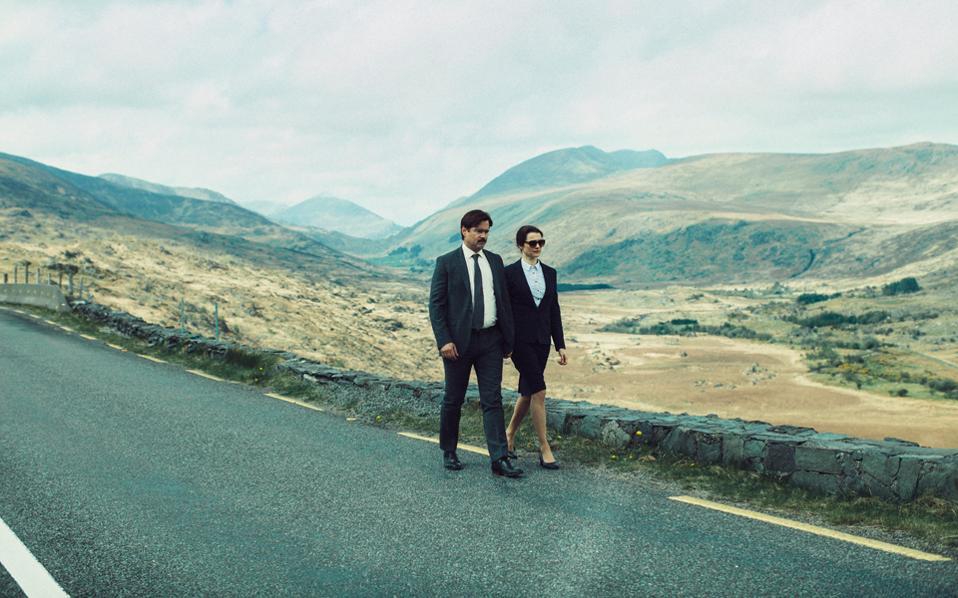 “The Lobster” has nabbed Best Screenplay for Greek writers Efthymis Filippou and Yorgos Lanthimos at the Los Angeles Film Critics Association 2016 awards.
“The Lobster” has nabbed Best Screenplay for Greek writers Efthymis Filippou and Yorgos Lanthimos at the Los Angeles Film Critics Association 2016 awards.
